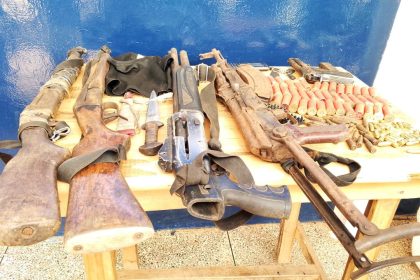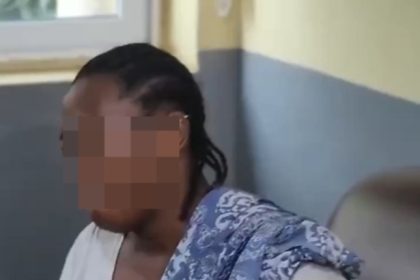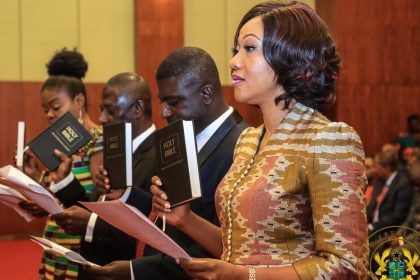Mrs Mary Awelana Addah, the Executive Director of Transparency International, Ghana (TI-Ghana) has called on Civil Society Organisations (CSOs) and the media to intensify advocacy and awareness on gender dimensions of corruption, to ensure an inclusive fight against the menace.
Mrs Addah, at a capacity-building workshop organised by TI-Ghana for CSOs and media practitioners in Tamale, emphasised need for collective efforts in addressing gender-related corruption issues, especially those that disproportionately affected women and girls.
She noted that corruption manifested differently across genders, with women being the most vulnerable due to systemic inequalities and cultural barriers that limited their access to justice and public services.
Mrs Addah therefore urged the media and CSOs to play a proactive role in bringing these issues to the forefront of public discourse.
She said “Corruption is not gender-neutral; it affects men and women differently. However, women often bear the brunt due to their limited access to decision-making spaces, economic opportunities, and legal redress mechanisms. We must build strong coalitions to raise awareness and demand accountability.”
The workshop, on the theme: “Anti-Corruption and Gender Dimension of Corruption,” sought to enhance the capacities of CSOs and media practitioners in anti-corruption reporting and advocacy at the sub-national level.
It formed part of the activities under the Participation, Accountability, and Integrity for a Resilient Democracy (PAIReD) project, which is being supported by the European Union through GIZ and implemented in sixty districts in Ghana.
Mrs Addah said empowering key actors at the local level was crucial to strengthening public accountability and transparency.
Hajia Alima Sagito-Saeed, the Executive Director of the Savannah Women Integrated Development Agency (SWIDA-Ghana) highlighted the need to address structural and systemic barriers that hindered women’s empowerment and participation in governance.
She said economic empowerment for women and girls was vital in reducing their susceptibility to exploitation and corruption-related vulnerabilities.
Mr Abdulai Soale, the Sagnarigu Municipal Director of the National Commission for Civic Education commended TI-Ghana for organising the training, describing it as a timely initiative that complemented the Commission’s civic education efforts.
He expressed optimism that collaboration amongst CSOs, the media, and public institutions would strengthen advocacy and promote good governance at the local level.
The training brought together CSO representatives, journalists, and local governance actors from various districts in the Northern Region.
Participants discussed the impact of corruption on gender equity, shared best practices for community sensitisation, and explored strategies for improving transparency and accountability across governance systems.





